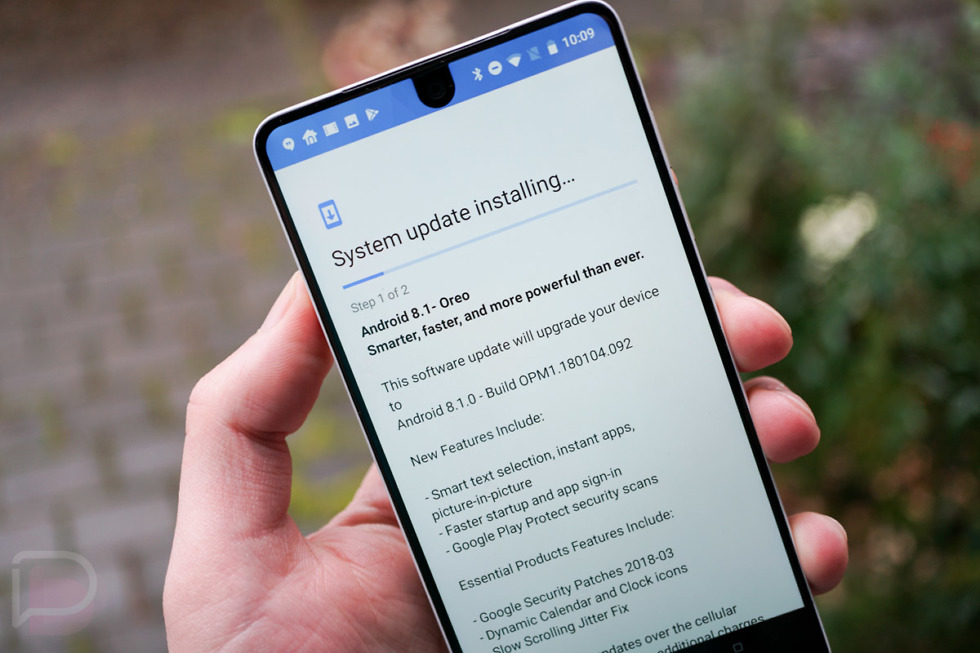A new Google licensing agreement for the European Union that was obtained by The Verge may detail a stricter update schedule for Android devices that are released here in the near future. The agreement appears to be strict enough that Google will hold the power to slow down device releases if manufacturers fail to update their previous phones.
The agreement lays out a schedule of sorts of phones that have been released since January 2018, as well as those that are released going forward. It shows that Android device makers have to commit to at least two years worth of security updates, with “at least four security updates” needed within the first year of a phone’s release. Additionally, a second year of updates is required, though Google doesn’t appear to have specified an exact number of them like they did for year one.
Google is also pushing another timeline on what The Verge refers to as security mandatory devices. These devices must receive security patches by the end of a month that were identified more than 90 days ago. And that’s probably how they are getting to the “at least four security updates” number.
In terms of delaying the release of phones, Google’s agreement suggests that they could withhold approval if manufacturers aren’t hitting those requirements I just laid out. And by “withhold,” I’m going to assume we’re talking about Google Play and Google Apps approval.
In a statement, Google basically confirmed that most companies are complying with this sort of agreement, noting that “the majority of the deployed devices for over 200 different Android models from over 30 Android device manufacturers are running a security update from the last 90 days.” Great.
Now, how do we do something similar for general Android updates?
// The Verge

Collapse Show Comments